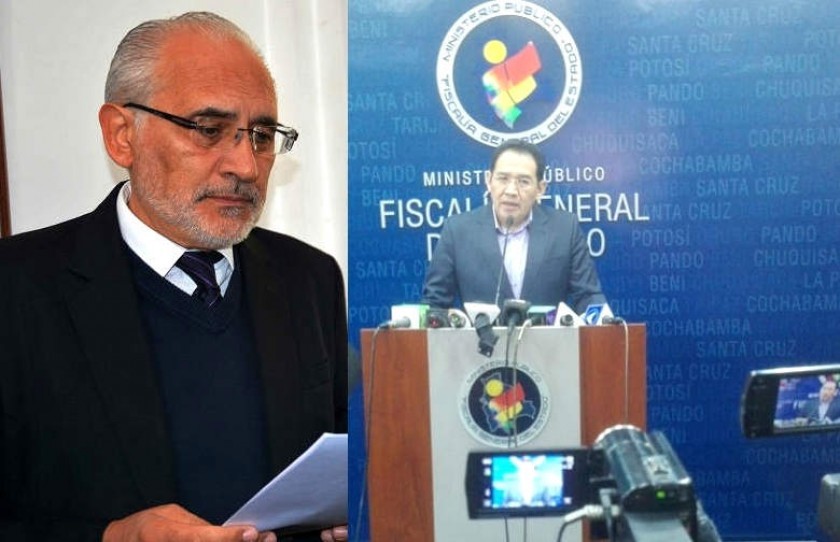RIO DE JANEIRO, BRAZIL – Former Bolivian President Carlos Mesa (2003-2005) attacked the ruling party on Thursday (2). The prosecutor’s office over a case reactivated because of an international judgment against him that forced the Bolivian state to pay a million-dollar fine to a Chilean company, for which the opposition claims no responsibility.
Mesa explained the case’s background known as Quiborax at a press conference in La Paz, a day after a joint parliamentary committee decided to initiate proceedings against him for alleged unconstitutional resolutions, dereliction of duty, and anti-business behavior.
Read also: Check out our coverage on Bolivia
“I will be prosecuted for nationalizing the Uyuni salt flats and driving an illegal company out of Bolivia,” the ex-governor said.

In 2004, under the Mesa government, mining concessions in the Uyuni salt flats to mine ulexite were revoked for Chilean majority-owned Non-Metallic Minerals, a partner of Chilean company Quiborax.
The companies filed a complaint with the World Bank’s International Centre for Settlement of Investment Disputes (ICSID), which in 2018 closed the case in favor of the plaintiffs because the revocation was not following the law.
The Bolivian state subsequently signed an agreement to compensate the Chilean companies for US$42.6 million.
THE BACKGROUND
Mesa explained that he decided to nationalize the Uyuni salt flats during his term in office, declaring “the entire salt crust” of the reservoir, one of the most important lithium deposits in the world, to be “state property.”
According to the former president, it was also found that “Non-Metallic Quiborax had obtained an illegal concession,” did not pay taxes, did not comply with environmental regulations, and reported exports abroad that were “much lower than the actual ones.”
The ex-governor accused the company of falsifying its articles of incorporation to “create a foreign shareholder majority” and of turning to ICSID, an action that the government of Evo Morales at the time knew about, according to Mesa. Before which “it did not make the demand it had to make.”
Mesa recalled that the Morales government rejected an initial agreement to compensate the company for US$3 million. A lawsuit was filed demanding US$27 million, and the government eventually agreed with the claimants to pay US$42.6 million.
The former president pointed the finger at former Attorneys General Héctor Arce Zaconeta and Pablo Menacho, former Minister of Mines César Navarro and then-Minister of Economy and now President Luis Arce.
Mesa said he made several “accusations” against the former officials at the time, which were rejected “because the prosecutor’s office is at the service of the government” of the Movement Toward Socialism (MAS).
AMNESTY BY THE PRESIDENT
He also recalled that in 2018 Evo Morales ordered a legislative-approved amnesty for him and former President Jorge Quiroga in pending court cases so they could cooperate freely in Bolivia’s maritime case before Chile.
Mesa rejected the amnesty at the time, saying it implied he was considered guilty in the Quiborax case, which he said Thursday “does not remove the obligation to comply” with the decree.
For the former president, Morales issued an amnesty “to protect and guarantee the impunity” of his former collaborators, whom he accused of being the “true authors of the crime of complicity and pledging US$42 million in favor of a pirate company.”
He added that he would again bring charges against these ex-officials once the country had “a credible judicial system.”
Mesa’s party believes that the continuation of the trial of the ex-president in the legislature is aimed at “pressuring” the opposition to approve the trials against MAS opponents, including the trial of former interim president Jeanine Áñez.

